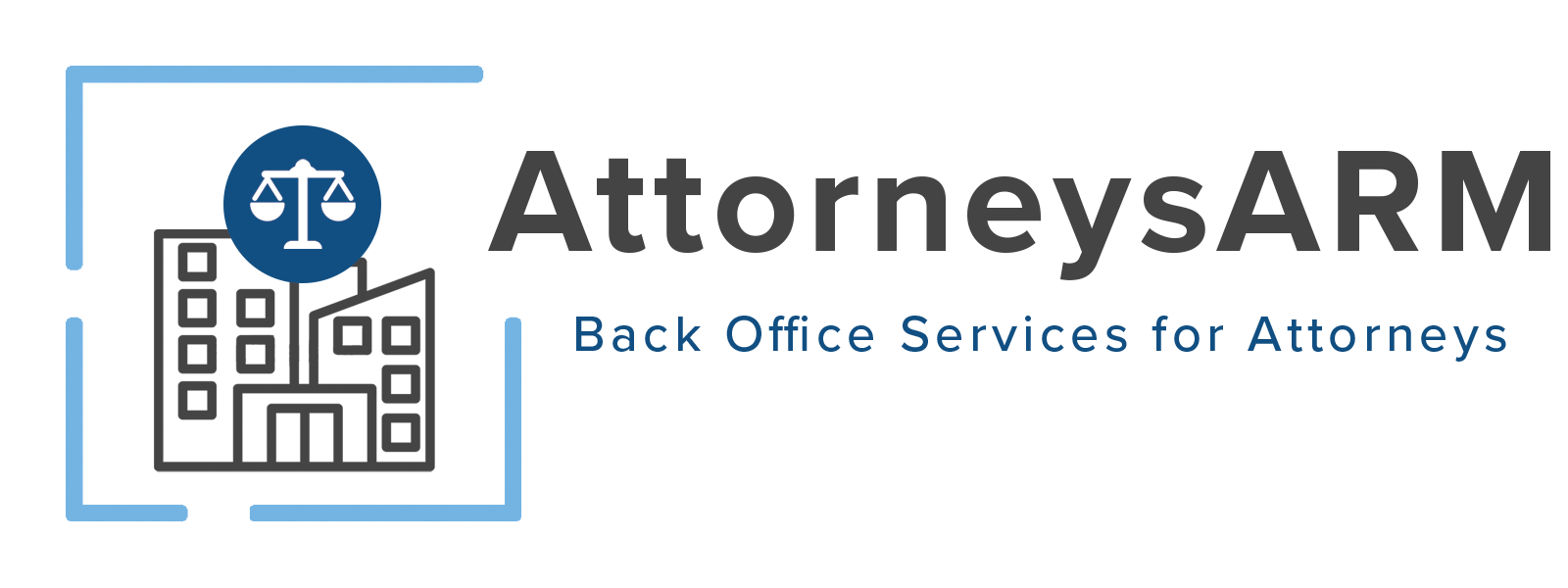If you’re thinking about extending credit to clients or potential clients, you must create a credit policy that works for your business. Extending too much credit to clients may result in past due accounts if a client can no longer afford their monthly payment. Giving credit to individuals or businesses who aren’t creditworthy also creates risk. This post is meant to explain some of the most basic items that should be in your credit policy. If you have questions or need help, call Clients ARM for a free consultation.
Determining Creditworthiness
One of the most important components to your credit policy is knowing that you have the appropriate measures in place to determine whether a client or potential client is creditworthy. This should be done when your client first applies for a line of credit and it should be done at any point that you or the client would like to extend the credit limit.
All clients and potential clients who want a line of credit must complete a credit application. A credit application is your first line of defense against past due accounts. The credit application should include basic information such as the name, address, phone number, and email address of the person or entity requesting credit; information about finances or employment; a list of references (preferably, other lenders); other information that would help you verify creditworthiness (such as a social security number and birthdate for an individual); and an authorization from the individual or business for you to run a credit check. If the individual or business refuses to fill out a credit application, you should consider this a red flag. If they fill out the application but refuse to authorize a credit report for you to review, this is also a red flag. Granted, some individuals or businesses have no credit or they may be working hard to build or rebuild their credit. Those cases should be handled on an individual basis.
Run a credit report. Getting an authorization to run a credit report won’t do you any good if you don’t use it. Make sure that you pull a credit report on the individual or business. Make sure that you review it. You should look at the payment history as well as the length of time they had other lines of credit.
Check credit references. Call the credit references listed. Remember, you’re looking to ensure that the person or entity has the ability to pay on time. If you were told by the client that they’re new to the area or that they don’t have any credit references, proceed with caution. Even someone who is new to the area should be able to come up with at least one credit reference. References don’t need to be local – they just need to show that the client pays on time.
Have a policy on retainers or down payments. In the event that your client really doesn’t have any (or much) credit, you should have a written policy on retainers or down payments. The size of the retainer or down payment should directly correlate to the amount of risk you’re facing by extending credit.
Create a good contract. Once you’ve determined creditworthiness, you need to have a good contract on hand. It is best to consult with an attorney to review any contract you create. If you plan to offer your services to a business, your contract should include a clause of personal guaranty by the person signing on behalf of the business. Again, though, you should speak with an attorney about the best way you can obtain a personal guaranty.
Establishing the Proper Credit Limit
Not all clients should have the same amount of credit. You have to establish the proper credit limit for each client. For this, you have a few options that you can use.
Check out your account software and look for the ability to create and set a credit limit. Some accounting software programs can help you establish the proper credit limit and apply it to a client’s account. This is a great option because it minimizes the possibility of an error. You can even use your accounting software to place a hold on their account.
Consider the relationship. Ask yourself how much business you expect to get from this client. How long a client can use your service will play a part in setting the credit limit. If this client could become (or is) a key client, then you may want to offer them more credit (provided that they are creditworthy).
Ask a professional. Clients ARM provides professional assistance to businesses who would like to offer credit. To learn more about how we can help your business set credit limits (and design a credit policy that works for your business), schedule your free consultation.




